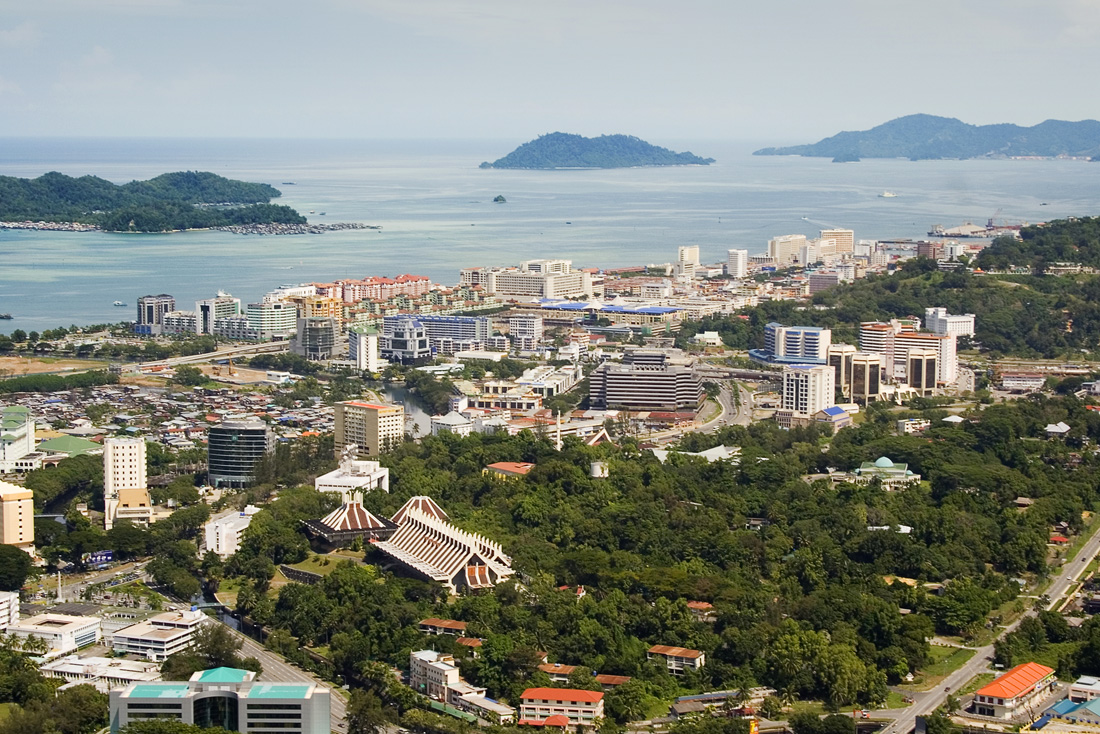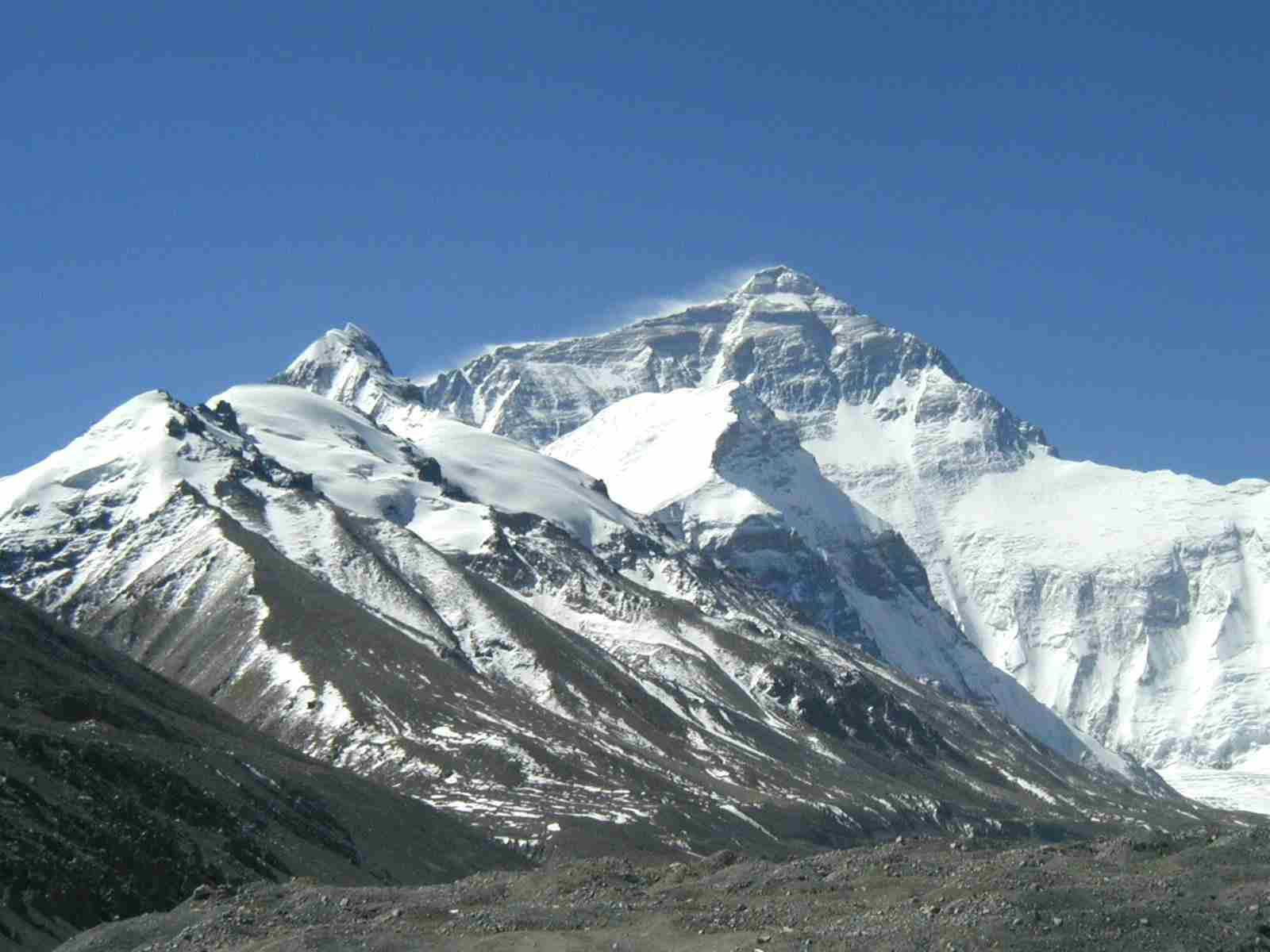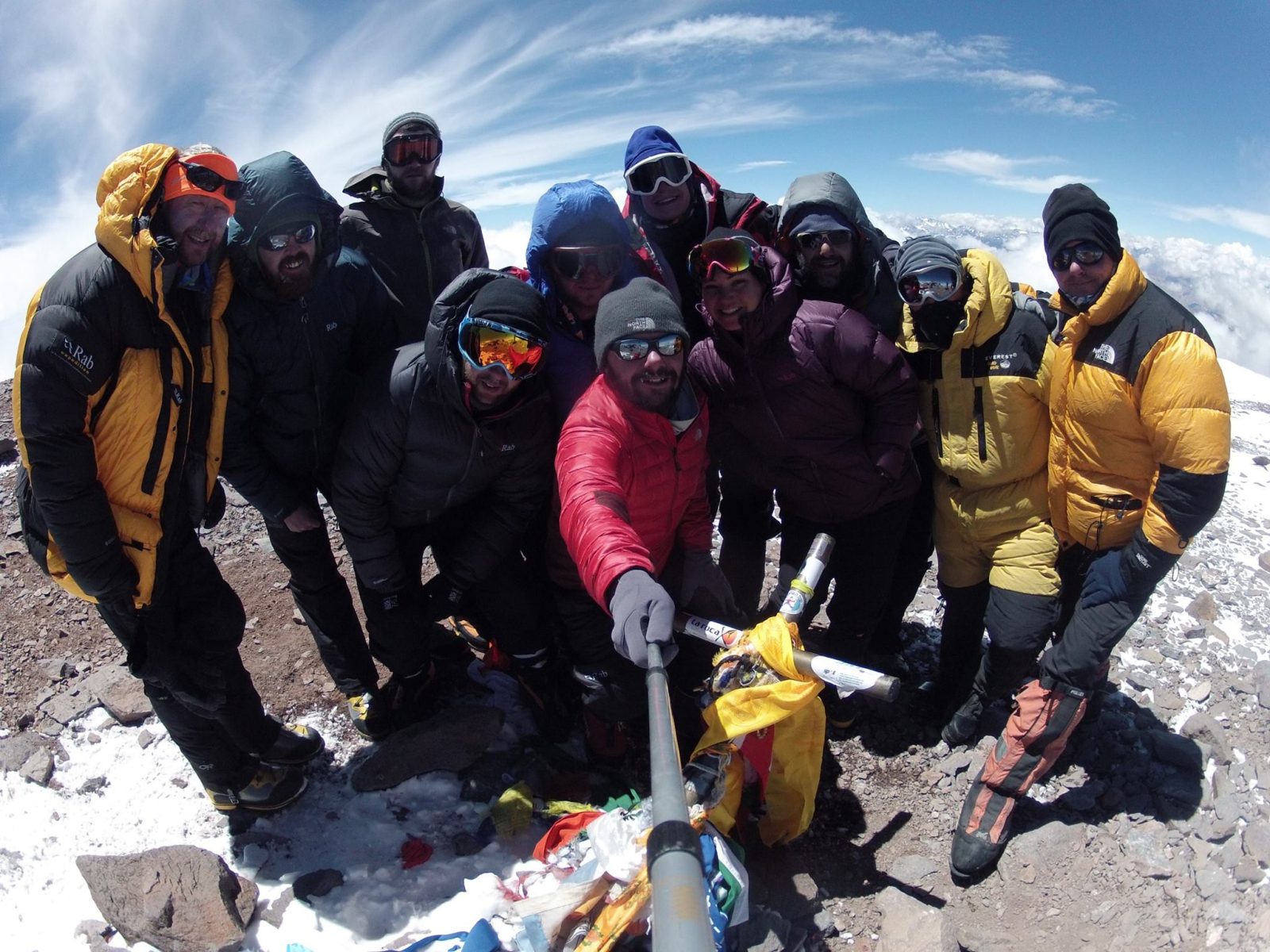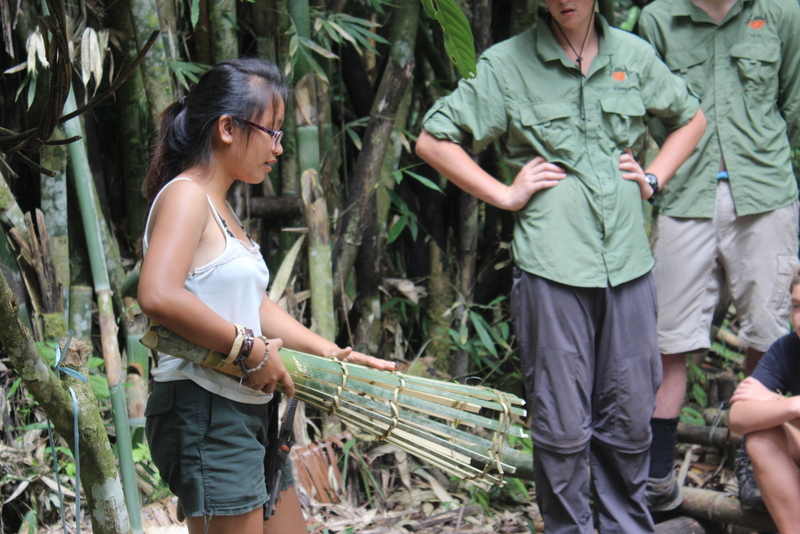
Borneo Practical Information & Tips
Here are a few helpful tips for practical issues in Malaysian Borneo. If you can’t find what you’re looking for, check out our Borneo Trip Preparation page.
VISA TO BORNEO?
Free ninety day visas are granted on arrival to citizens from fifty-eight countries, including Australia, Brazil, Canada, EU states, Japan, New Zealand, South Africa, UK and the USA. Free thirty day visas are granted on arrival to citizens from Russia.
Every person entering Malaysia must possess a passport valid for more than six months from the date of entry into Malaysia and an onward flight within the visa allowance.
AIRPORTS IN BORNEO?
For Sabah the two airports are Kota Kinabalu and Sandakan, both of which can be reached from Kuala Lumpur and Singapore as well as Australian cities. KK is on the west side and Sandakan is on the east side. Sandakan is the entry to the main wildlife reserves like Sepilok, Kinabatangan River and Deramakot.
For Sarawak the main airports are Kuching and Miri. Kuching is the gateway to places like Bako National Park, Semenggoh orangutan centre and lots of cultural sightseeing trips, while Miri is more commonly used to get to Mulu. Mulu also has direct flights into KK.
Sabah and Sarawak have plenty of smaller internal airstrips which we use regularly for a variety of tours, the most common one being Lahad Datu which is well placed for Danum Valley and Tabin Reserve.
Generally most people on our wildlife tours in Sabah fly in and out of Sandakan, sometimes flying out of Lahad Datu to get back to KK for a few days. If you are planning to climb Mt Kinabalu then KK is the nearest airport.
There are two general airlines which we use for Malaysian Borneo and they are MASWings and Air Asia.
TIME ZONE IN BORNEO
Borneo time is GMT/UTC plus 8 hours.
MOBILE CONTACT FROM BORNEO
Malaysia’s country code is +60. International calls are expensive so most people use WhatsApp.You will find wi-fi in all the hotels and main lodges near to towns. In the remote areas there is mobile signal almost everywhere except Deramakot. If you plan to buy a local sim card then we would recommend Celcom.
VACCINATIONS FOR BORNEO
We advise that you schedule an appointment with your doctor, or a travel-specific doctor prior to coming to Borneo to discuss your health needs. As a travel company we cannot recommend what you need, it requires a GP or travel clinic to provide specific advice. However most people coming on our wildlife holidays to Borneo do not take any specific vaccinations unless they are going into the interior.
A yellow fever certificate is only required for entry into Borneo if you are coming from (or have visited in the previous six months) the following countries: Angola, Benin, Bolivia, Brazil, Burkina Faso, Burundi, Cameroon, Central African Republic, Chad, Colombia, Djibouti, Equador, Guinea, Eritrea, Ethiopia, Gabon, Gambia, Ghana, Guinea-Bissau, Kenya, Mali, Niger, Nigeria, Panama, Peru, Rwanda, Sao Tome & Principe, Senegal, Sierra Leone, South Africa, Sri Lanka, St. Kitts & Nevis, Suriname, Tanzania, Togo, Uganda, Venezuela, Zaire and Zambia.
Malaria is often a concern for people travelling to the jungle although statistically low compared to dengue fever which is also spread by the mosquito. Although we cannot replace a visit with your doctor, we do have some valuable information on Malaria.
For more advice on looking after yourself in the jungle please see our Health and Comfort section.
MALARIA IN BORNEO
Statisitically there is more dengue fever than malaria in Sabah and Sarawak, although it still comes from the mosquito. You can bring anti-malarial tablets for which you need to visit a travel clinic or GP to get advice on which brand. It will be important to cover up at dusk and dawn, make sure to use your nets on the beds at night (everywhere will have nets), and consider taking insect repellant. The strongest brands use DEET which can be impregnated into clothing. There are other more environmentally friendly options though, and we do recommend doing some research into what you would like to take with based on personal health and also ethical concerns.
MEDICAL FACILITIES IN BORNEO
Malaysia has modern medical facilities in the major cities of Kota Kinabalu and Miri and excellent clinics in the other towns. However, medical help is limited in rural jungle areas to first aid facilities. Evacuation however is generally quite quick with vehicles, boats and helicopters. It is important to have travel insurance in place for your holiday to Borneo. For more information see our travel insurance page.
CASH AND ATMS IN BORNEO
Malaysian Ringgit is the national currency. Cash withdrawal from ATMs is available in the towns and you can withdraw Ringgit and some major currencies. Credit cards are acceptable in the hotels but in the jungle lodges there is not enough signal so you will need to bring enough cash for drinks, souvenirs and tips.
TOILETS IN BORNEO LODGES
In most of the hotels and lodges you will find a combination of western style toilets and Asian toilets and they will have toilet paper. Public toilets in the towns will mostly be Asian style with a washing hose and they may not have toilet paper so it’s a good idea to carry your own. We also recommend brigning your own anti-bac gel.
In rural villages the toilets are pits with long drops and a wooden slat to stand on. Do bring your own toilet paper and anti bac gel.
DRINKING WATER IN BORNEO LODGES
Tap water in the cities and in the hotels is safe to drink, however it’s common to have stomach problems when adjusting.At the lodges all locations provide filtered water and you will be able to refill your water bottle in most places in the dining room. Do be careful with ice and washed salad in public restaurants in the towns, but in the lodges they will be vigilant in using filtered water.
We recommend bringing a proper water bottle and not to bring single use plastic bottles please. If you would like to purify your own water just in case then by all means purification tablets or a Steripen which has a UV light to treat water.
TIPPING
Tipping is not necessary in hotels and restaurants however tipping your wildlife is customary. How much is up to you and for more information regarding our tipping recommendations for all countries please see our Tipping Page.
LEECHES
You are likely to come across leeches in any jungle walk where you brushing against undergrowth. The leeches attach themselves to your body and find a way to the skin. They are quite easily removed but the anti-coagulant that they inject into the area where they attach means you can carry on bleeding for some time. The leech bite is not dangerous but it is a nuisance, and the easiest way to prevent being bitten is to stop them reaching your skin. Leech socks are big and cumbersome, like large gaiters, but another option is football socks. The leeches struggle to hang onto the material. We recommend wearing long trousers and football socks if you are wearing shorts. You can also take lightweight walking gaiters to help stop the leeches from entering down the top of your boot.
Book Your Adventure of a Lifetime Now
Discover our trips to other Countries
Adventure Alternative Articles

12 MONTHS, 12 MOUNTAINS
Climbing Calendar Ready for World Mountain Day In celebration of World Mountain Day, we've created a calendar for the year to make it easy for...

Mount Aconcagua Trip Review
January 2016 This year we had a team of twelve clients from four different countries – Iran, Ireland, England, South Africa and Argentina –...

Alcey’s Survival Skills Course at Lupa Masa Jungle Camp
SURVIVAL SKILLS COURSE AT LUPA MASA JUNGLE CAMP | ADVENTURE ALTERNATIVE In celebration of International Rural Women’s Day, we’re talking...